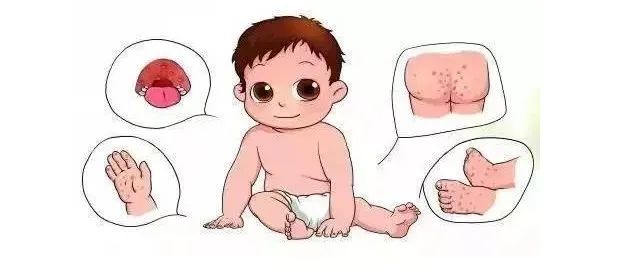The phenomenon of a one-month-old baby frequently vomiting is primarily determined by its physiological structure and feeding methods. The stomach of a newborn is in a horizontal position, coupled with a relaxed pylorus and small stomach capacity. These factors collectively make it easy for the baby to experience reflux after feeding. When the baby swallows too much air during feeding, or starts feeding immediately after crying, the air that enters the stomach can push contents back, leading to vomiting. Additionally, the baby’s larynx is positioned relatively high and their sucking skills are not fully developed, which also makes it easier for them to ingest air during feeding. A slight movement of the body may trigger vomiting.
Generally, in the first three months after birth, vomiting is quite common due to the digestive system still developing. However, as the baby grows, around three months of age, most babies will naturally experience a reduction or even cessation of vomiting.
Vomiting can be broadly classified into two categories: physiological vomiting and pathological vomiting. Physiological vomiting is a normal phenomenon in a baby’s growth process; parents need not worry excessively. They should simply pay attention to appropriately arranging feeding times and quantities, avoid feeding immediately after crying, ensure that the bottle nipple’s hole size is suitable when feeding, and practice proper burping after feeding, which can help alleviate vomiting.
However, if the baby begins to vomit heavily within 24 hours of birth, or if the vomiting is projectile, or if there are other abnormal symptoms, this could indicate pathological vomiting and requires prompt medical evaluation to rule out potential health issues.
In the face of a baby’s vomiting situation, parents should first determine the nature of the vomiting. Physiological vomiting can often be effectively improved by adjusting feeding methods, while pathological vomiting requires intervention from a medical professional. As the baby grows, most vomiting occurrences will gradually decrease, and parents need not be overly anxious.


